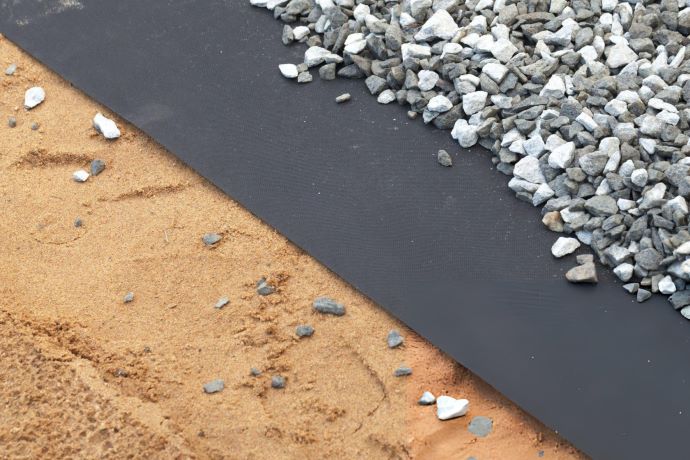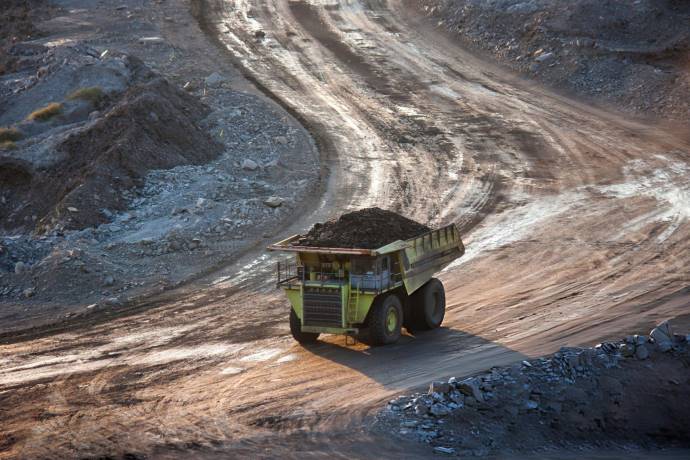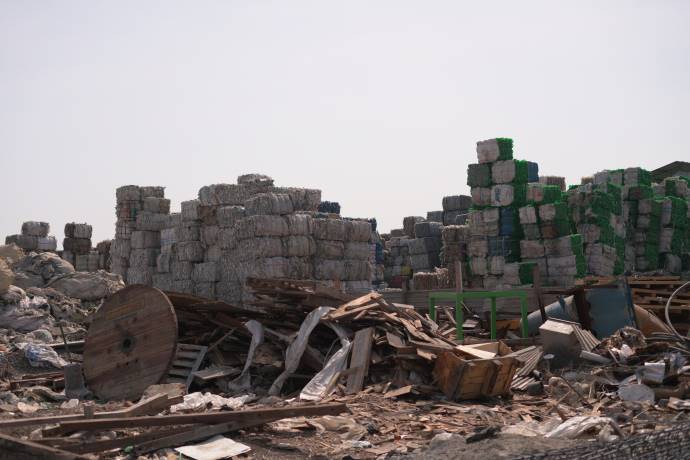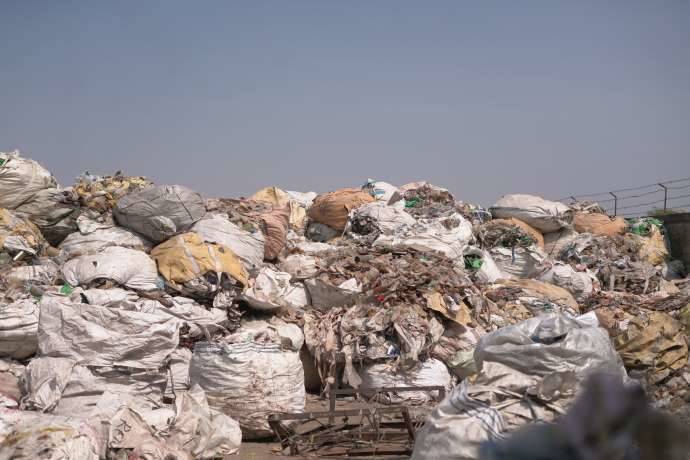Recycled PET vs Virgin PET: Key Differences Explained
Key Takeaways:
- Virgin PET resin vs recycled PET flakes - Virgin PET resin is best for food-grade and high-clarity packaging. Recycled PET flakes and rPET resin perform well for textiles, strapping, FIBCs, and non-food industrial uses.
- Sustainability and regulatory advantages of rPET - Recycled PET flakes reduce carbon emissions, support circular manufacturing, and help meet recycled-content regulations. FDA-approved rPET flakes provide added compliance confidence.
- 2026 pricing outlook - Recycled PET flakes prices remain volatile and often close to virgin PET resin due to strong industrial and textile demand, making sourcing strategy critical.
What is Virgin PET and Recycled PET?
Virgin PET (vPET)
Virgin PET resin is produced from petrochemical feedstocks derived from crude oil and natural gas. It offers exceptional clarity, strength, and consistency, making it ideal for applications with strict quality requirements.
Common uses include:
- Beverage bottles
- Food containers
- Pharmaceutical packaging
- Premium consumer packaging
For applications where optical clarity and purity are critical, virgin PET resin continues to set the benchmark.
Learn More : Recycled PET Properties and Benefits for Manufacturing
Recycled PET Flakes and rPET Resin
Recycled PET flakes are produced from post-consumer PET waste, primarily used bottles and packaging. After collection, the material is sorted, washed, and processed into clean PET flakes. These flakes can be used directly or further compounded into rPET resin.
Using recycled PET flakes allows manufacturers to:
- Reduce reliance on virgin petrochemicals
- Lower carbon footprint
- Divert plastic waste from landfills
- Meet sustainability commitments
Langgeng Jaya Group Recycled PET Flakes are FDA Approved, making them suitable for regulated applications where material safety and traceability are essential.
Virgin PET Resin vs. Recycled PET Flakes: Key Differences
| Criteria | Virgin PET Resin | Recycled PET Flakes / rPET Resin |
| Raw material | Fossil-based | Post-consumer PET waste |
| Clarity | Excellent | Good to very good |
| Mechanical strength | Very high | High for industrial use |
| Material consistency | Highly uniform | Depends on recycling quality |
| Sustainability | Low | High |
| Carbon footprint | Higher | Significantly lower |
| Regulatory alignment | Limited | Strong advantage |
| Price behavior | Oil-driven | Demand-driven |
Production Process Comparison
Virgin PET Resin Production
Virgin PET resin requires extraction and refining of fossil fuels. This process is energy-intensive and results in higher greenhouse gas emissions.
While efficient for mass production, it relies entirely on non-renewable resources.
Recycled PET Flakes and rPET Resin Production
Recycled PET flakes are produced through mechanical recycling, which includes:
- Sorting and washing post-consumer PET
- Shredding into flakes
- Drying and quality control
For higher-end applications, flakes may be further processed into rPET resin or chemically recycled to improve purity and performance.
These processes significantly reduce environmental impact compared to virgin PET production.
Material Performance in Real Manufacturing Conditions
Virgin PET resin is still preferred when:
- Food-contact compliance is mandatory
- High transparency is critical
- Tight processing tolerances are required
However, advances in recycling technology have improved rPET quality.
High-grade recycled PET flakes now offer:
- Stable melt behavior
- Strong tensile properties
- Reliable performance in extrusion and molding
For many industrial and non-food applications, rPET resin delivers performance that meets or exceeds expectations.
Recycled PET Flakes Pricing Outlook in 2026
Virgin PET Resin
Virgin PET resin prices continue to follow crude oil and feedstock trends. Supply disruptions or geopolitical pressure can cause sudden fluctuations.
Recycled PET Flakes and rPET Resin
In 2026, demand for recycled PET flakes remains strong due to:
- Textile and recycled yarn production
- Sustainability-driven brand commitments
- Regulatory recycled-content targets
As a result, rPET resin pricing can match or occasionally exceed virgin PET resin in certain regions.
What This Means for Buyers
- Material selection should balance price, compliance, and sustainability
- Long-term sourcing agreements are increasingly valuable
- Certified recycled PET flakes reduce regulatory and reputational risk
Learn More : Things You Need to Know Before Buying Recycled PET
Industrial Applications of Recycled PET Flakes and rPET Resin
Recycled PET flakes and rPET resin are widely used in:
- Shopping bags: rPET fibers are durable and flexible, making them ideal for reusable grocery bags.
- Laptop sleeves: The lightweight and sturdy properties of rPET make it a great material for protective cases like laptop sleeves.
- Industrial strapping bands: rPET’s strength and resistance to stretching make it perfect for industrial applications like securing heavy loads with strapping bands.
- Jumbo bags (FIBCs): Flexible Intermediate Bulk Containers (FIBCs) used in industries for transporting large quantities of materials are often made from rPET.
- Planter bags: rPET is also finding use in eco-friendly gardening products, like planter bags, offering durability and resistance to wear and tear.
Conclusion
In 2026, the choice between virgin PET resin and recycled PET flakes is no longer purely technical.
Virgin PET remains essential for high-clarity and food-grade applications.
Recycled PET flakes and rPET resin offer a compelling combination of performance, sustainability, and regulatory alignment.
For many manufacturers, rPET is becoming a strategic material rather than a secondary option.
Source FDA-Approved Recycled PET Flakes with Confidence
If you are looking for FDA-approved recycled PET flakes with consistent quality and reliable supply, Langgeng Jaya Group provides solutions tailored to industrial and manufacturing needs.
Visit Langgeng Jaya Group for more insights on how recycled plastics can reshape your manufacturing process for a more sustainable future.



